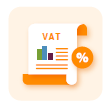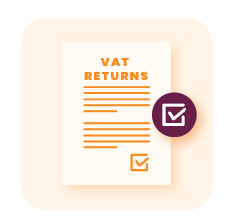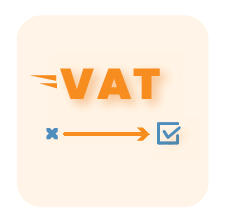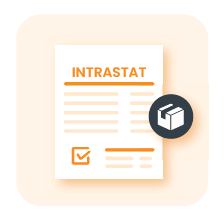Reverse Charge & “Call Off Stock” in Latvia
Under the reverse charge mechanism, when a non-established business provides services to a Latvian VAT-registered business (the recipient), the taxation occurs in Latvia at the recipient’s place of establishment. The recipient is responsible for collecting and deducting VAT on the same VAT return.
Read more about Reverse Charge and “Call-off stock” in Latvia in our comprehensive guide below.
Selling in Latvia?
Latvia – Call off stock
Consignment stock
A sale under consignment stock held occurs when a supplier moves its own goods to a customer’s facility in Latvia. In Latvia, the buyer only becomes the owner of the goods when they are resold in the same condition to third parties.
Call-off stock
According to the terms of a business agreement, a vendor transfers inventory to the premises of a customer. The products remain at the customer’s premises until they are needed for integration into the manufacturing process. Upon removal of products from the stock, ownership is transferred from the supplier to the client.
In the case of call-off stock sales that involve the transportation of goods into Latvia, registration may be required. However, under specific conditions, providers of call-off stock who are registered in EU Member States may be eligible to avoid registration in Latvia through a simplification scheme. Various simplification schemes have been implemented, effective from January 1, 2020, as well as prior to that date.
Quick Fixes
Effective from January 1, 2020, call-off stock arrangements have been standardized among EU Member States as part of the “Quick Fixes” introduced by Article 17a of the EU VAT Directive. These regulations have been incorporated into Latvian law through corresponding provisions in Articles 8, 81, and 61 of the Latvian VAT Law.
When a supplier from one EU Member State transfers stock to a warehouse in another EU Member State for subsequent delivery to a known customer, the Quick Fix call-off stock regulations are applicable. The transfer of goods to the warehouse is not considered a taxable event under the simplification rule. Instead, the taxable event occurs when ownership of the items is transferred to the recipient. This taxable transfer is treated as a zero-rated intra-Community supply of goods from the supplier to the recipient. As a result, the provider is no longer obligated to register for VAT where the goods are delivered.
Download the Latvian VAT Guide
Latvia – Import VAT
The liability for Value Added Tax (VAT) is determined based on the location where the supply of goods or services is made, rather than the location of the provider.
In general, when purchases of products and services are made from outside of Latvia, Latvian VAT is applicable at the same rate as if the goods or services were provided within Latvia. In the case of imported products, VAT, also known as “import VAT,” must be paid at the point of entry. For services, place of supply rules or reverse charge procedures are applied.
When goods are brought into the European Union (EU) from outside the EU, the responsibility for paying VAT usually falls on the importer. The term “importer” refers to a company that sells goods in Latvia and is therefore required to register as a taxpayer.
However, if the importer is not registered for VAT, the Latvian recipient of the products becomes responsible for paying the import VAT and customs tax upon receiving the items.
Let us suppose the imported products are used to create a further taxable supply of goods or services. In that case, the Latvian receiver of the items is subject to the standard criteria for recovering input VAT.
Last Updated: 16/10/2023
Disclaimer
The information provided by Global VAT Compliance B.V. on this webpage is intended for general informational purposes only. Global VAT Compliance B.V. is not responsible for the accuracy of the information on these pages, and cannot be held liable for claims or losses deriving from the use of this information. If you wish to receive VAT related information please contact our experts at support@gvc.tax








